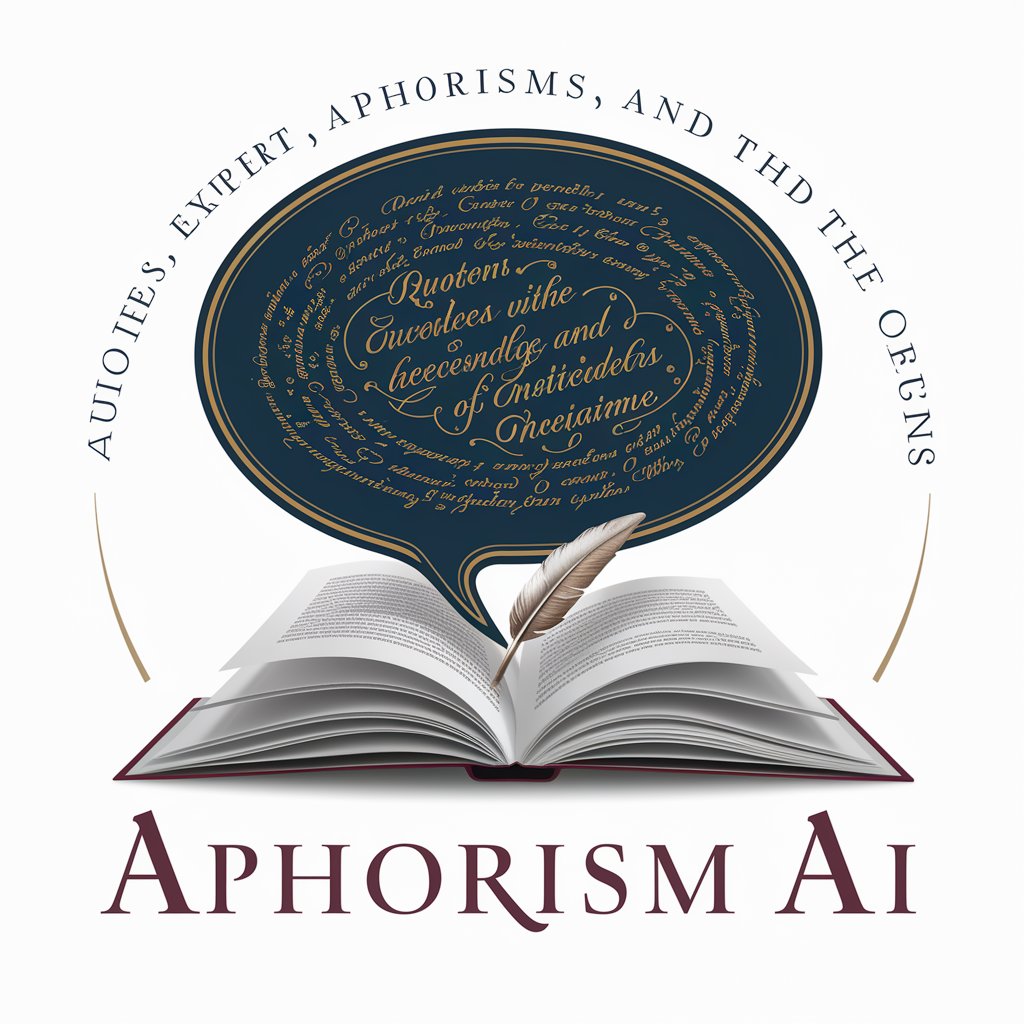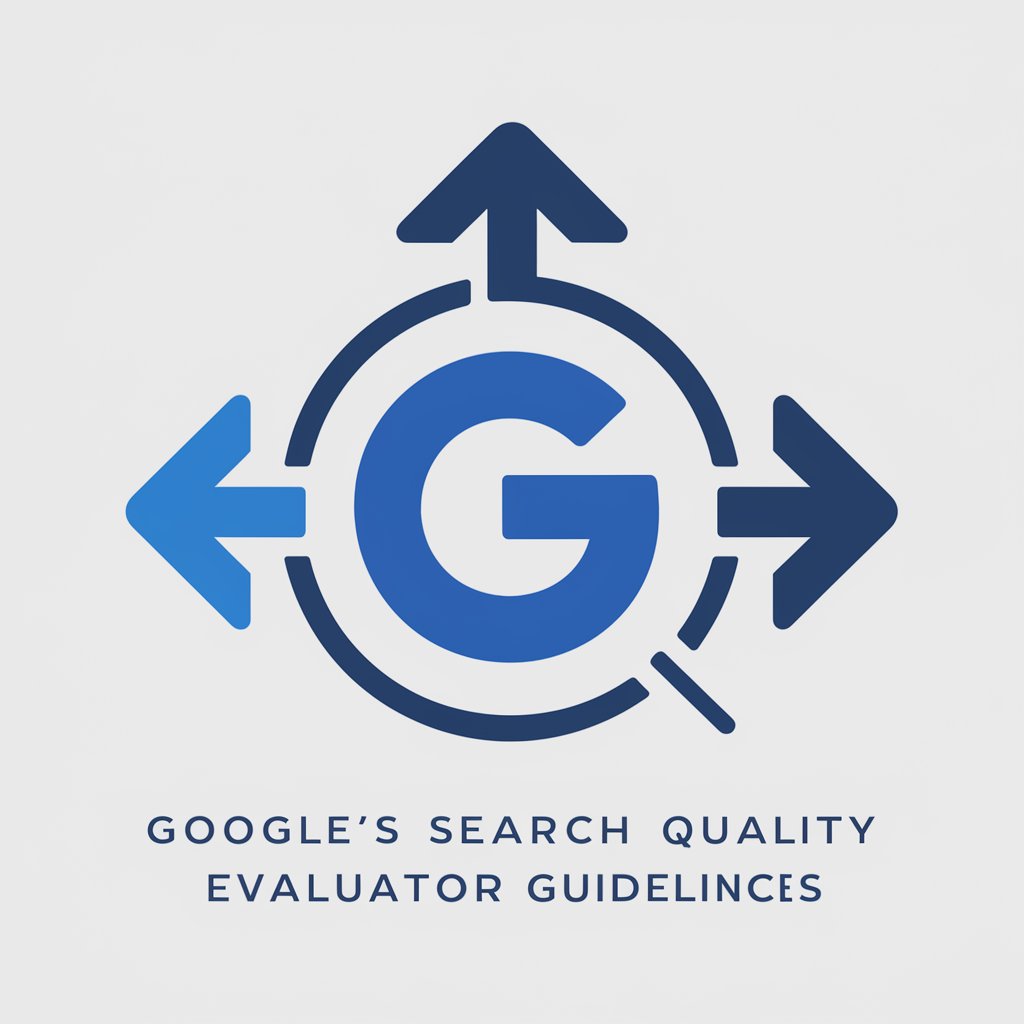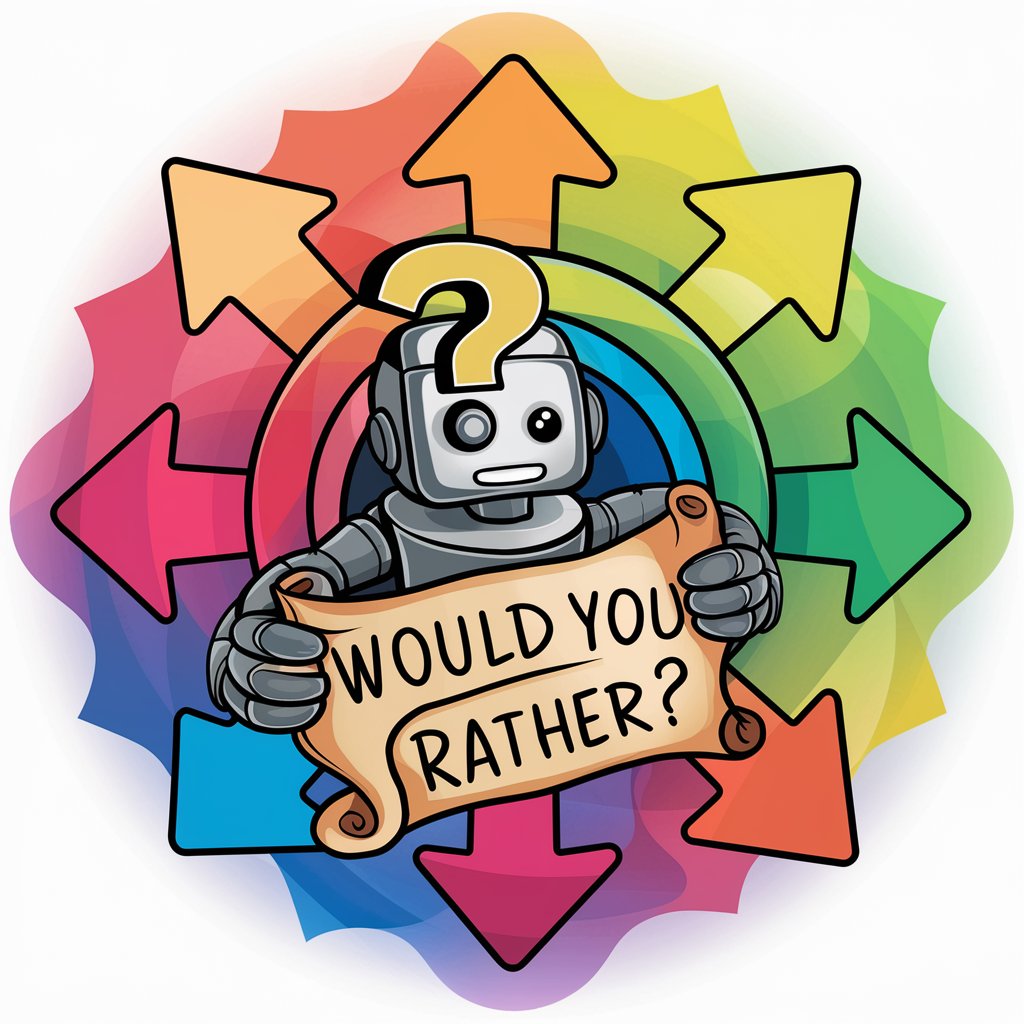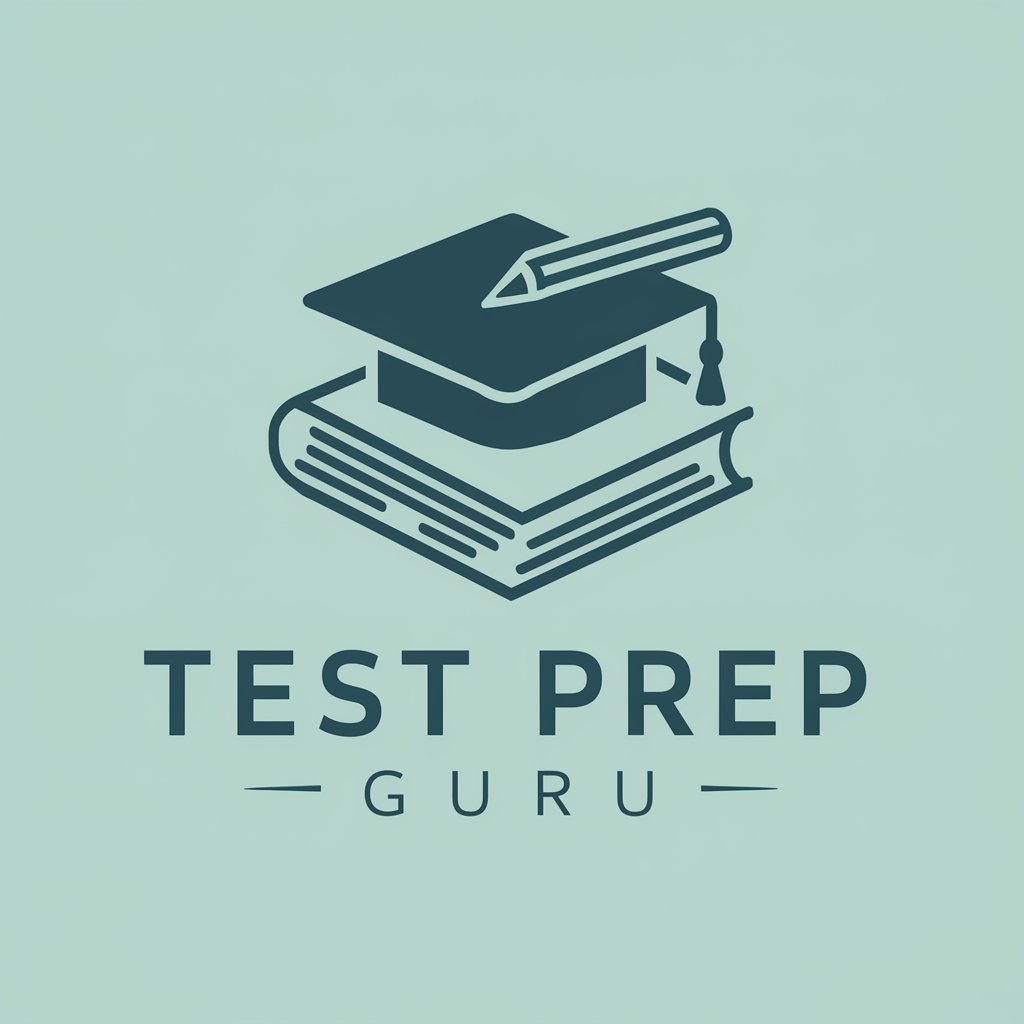Who Said That? - Quote Identification Tool

Hello! I'm here to explore quotes and their fascinating origins with you.
Discover the stories behind the quotes.
Who said the famous quote
Can you tell me the origin of
What's the context behind the quote
Tell me more about the author of this quote
Get Embed Code
Introduction to Who Said That?
Who Said That? is a specialized tool designed to provide users with detailed information about quotes, aphorisms, and their origins. Its purpose is to enlighten and educate users on the historical context, authorship, and significance of various sayings across different fields and time periods. The design focuses on offering a deep dive into the origins of quotes, providing not just the name of the person who said it, but also the circumstances under which it was said, and any relevant historical context or insights into the author's life that might shed light on its meaning. For example, if a user is curious about the origin of the phrase 'To be, or not to be,' Who Said That? would not only identify William Shakespeare as the author but also discuss the context within the play 'Hamlet,' and explore its existential implications. Through such detailed exploration, the tool aims to foster a greater appreciation of the depth and breadth of human thought and expression. Powered by ChatGPT-4o。

Main Functions of Who Said That?
Quote Identification and Attribution
Example
Identifying the author of 'I think, therefore I am' as René Descartes, and explaining its philosophical significance within the context of his work 'Discourse on the Method.'
Scenario
A student working on a philosophy essay uses Who Said That? to accurately cite the origin of this foundational philosophical statement and to understand its role in the development of Western philosophy.
Historical and Contextual Analysis
Example
Exploring the historical backdrop of Churchill's 'We shall fight on the beaches' speech, including the circumstances of World War II that led to its delivery.
Scenario
A history enthusiast consults Who Said That? to gain insights into Churchill's leadership during a pivotal moment in British history, enhancing their understanding of the speech's enduring impact.
Insights into Authors' Lives
Example
Providing a biography of Maya Angelou in relation to her quote 'I've learned that people will forget what you said, people will forget what you did, but people will never forget how you made them feel.'
Scenario
A reader interested in American literature uses Who Said That? to delve into Angelou's life story and literary contributions, discovering how her experiences shaped her views on empathy and communication.
Ideal Users of Who Said That? Services
Students and Researchers
Individuals engaged in academic pursuits who require accurate attributions and contextual analysis for essays, presentations, or research projects. They benefit from Who Said That? by gaining access to detailed explanations and historical contexts that enrich their work and ensure academic integrity.
Writers and Content Creators
Professionals or hobbyists who seek inspiration or wish to incorporate quotes into their work in an informed and meaningful way. They benefit from understanding the deeper meanings behind quotes, ensuring their use enhances the narrative or message being conveyed.
History and Literature Enthusiasts
Individuals with a passion for history, literature, or philosophy who enjoy learning about the origins of famous sayings and the figures behind them. They benefit from the rich historical narratives and insights into authors' lives, deepening their appreciation and understanding of cultural and intellectual heritage.

How to Use 'Who Said That?'
1
Start by visiting yeschat.ai to access a free trial without the need for a login or subscribing to ChatGPT Plus.
2
Enter your query related to a specific quote, author, or context in the provided text box. Be as specific as possible to get the best results.
3
Review the generated response, which will include the quote's origin, the author, and, when available, context or historical background.
4
Use the 'Refine' option to tweak your query if the initial response doesn't fully meet your expectations or if you're looking for more detailed information.
5
Explore the tool's additional features, such as related quotes, insights about the author, and the ability to save your favorite quotes for easy reference.
Try other advanced and practical GPTs
Cinema Quiz Master
Unleash Your Movie Knowledge

似顔絵Maker Free版
AI-powered caricature art at your fingertips.

Pet Name Creator
Discover the perfect pet name with AI.

Human Computer Interaction Tutor
Empowering HCI Learning with AI

Gourmet Chef
AI-Powered Culinary Creativity

FREE Beginner's Guide to SEO 2024 + GOLDEN EGGS
Empowering SEO success with AI insights

Name Guardian
Safeguard Your Name Choices with AI

Would You Rather?
Spark intriguing conversations with AI-powered dilemmas

Lua Code Assistant
Empowering Creativity with AI-Powered Lua Scripting for Unity

Escalpelando Crypto
Empowering Crypto Trading with AI

Test Prep Guru
Master Tests with AI-Powered Tutoring

Contract Writing, Reviewing or Negotiating?
AI-powered contract drafting and review

Frequently Asked Questions About 'Who Said That?'
What types of quotes can 'Who Said That?' identify?
This tool is adept at identifying a wide range of quotes, including historical speeches, literary excerpts, famous sayings, and more, across various fields and time periods.
How accurate is 'Who Said That?' in attributing quotes?
It employs advanced AI to ensure high accuracy in attributing quotes to their rightful authors and providing context, but it's always wise to cross-reference with authoritative sources for critical uses.
Can 'Who Said That?' provide context for quotes?
Yes, it not only identifies the author of a quote but also, when possible, provides the context or story behind the quote, offering deeper insights.
Is 'Who Said That?' useful for academic purposes?
Absolutely, students and researchers can use it to find sources of quotes for essays, papers, and studies, making it a valuable tool for academic writing and research.
Can 'Who Said That?' help in understanding the relevance of quotes today?
Yes, by providing historical context and insights into the author's life and times, it can help users draw connections between quotes and current events or personal experiences.
